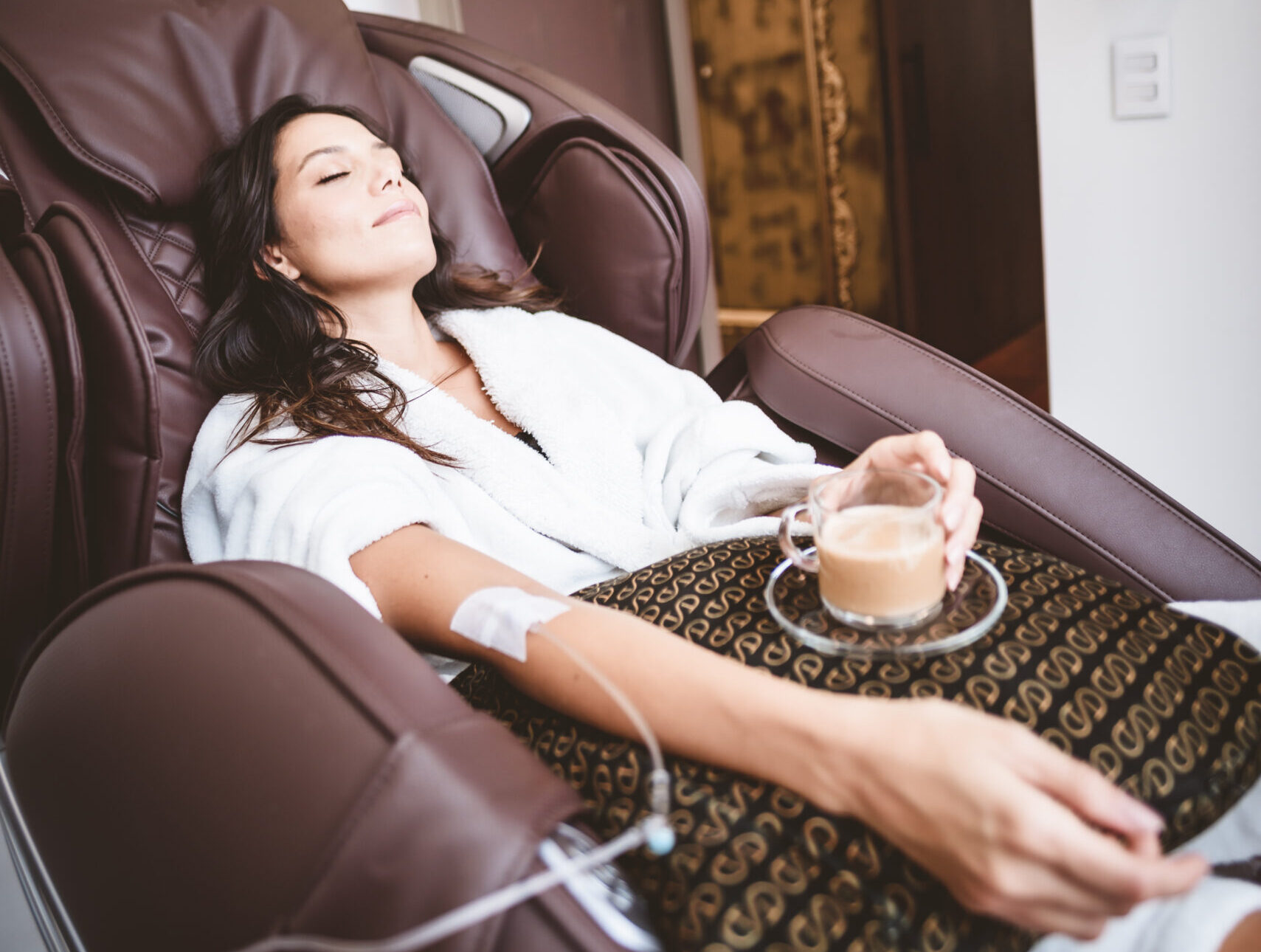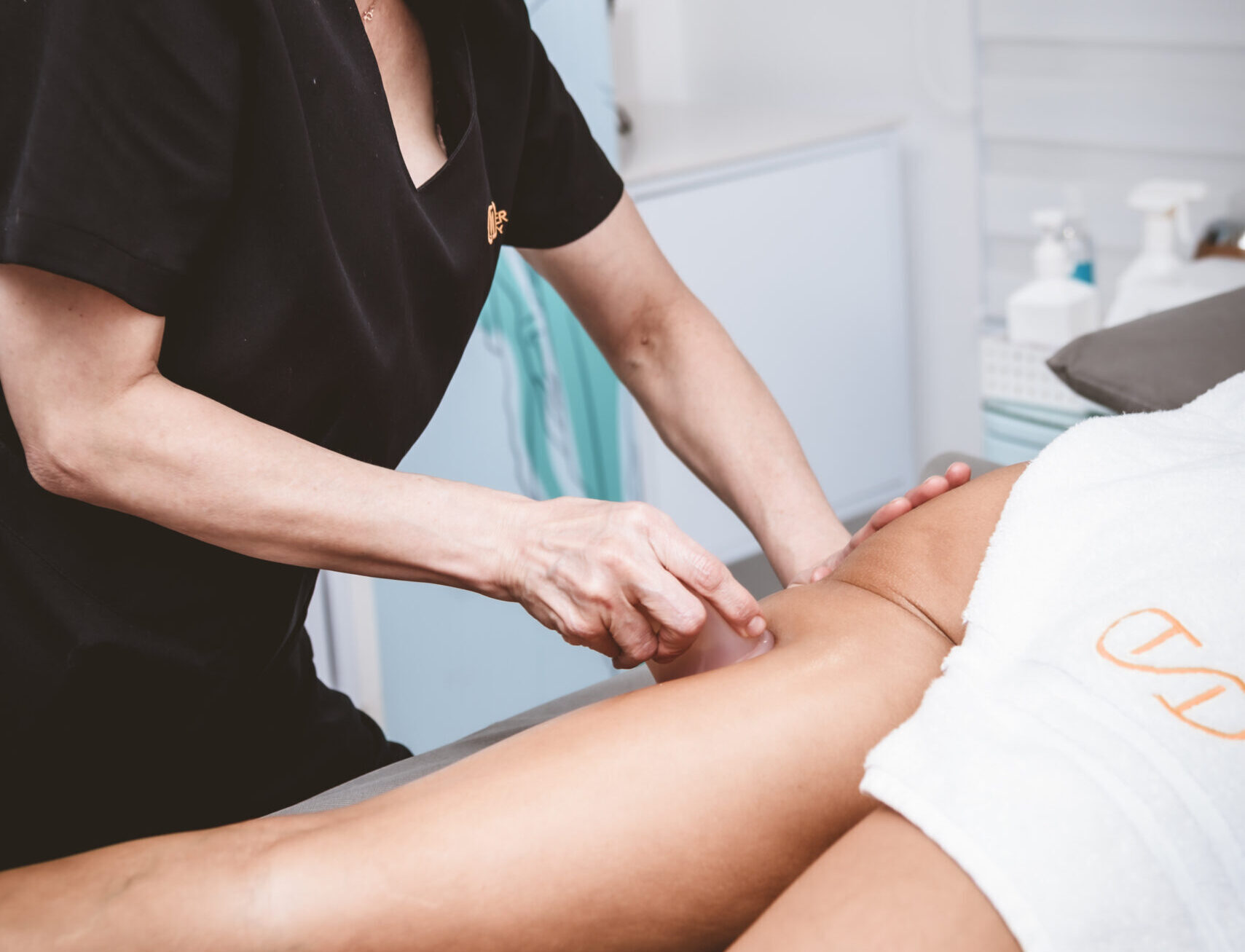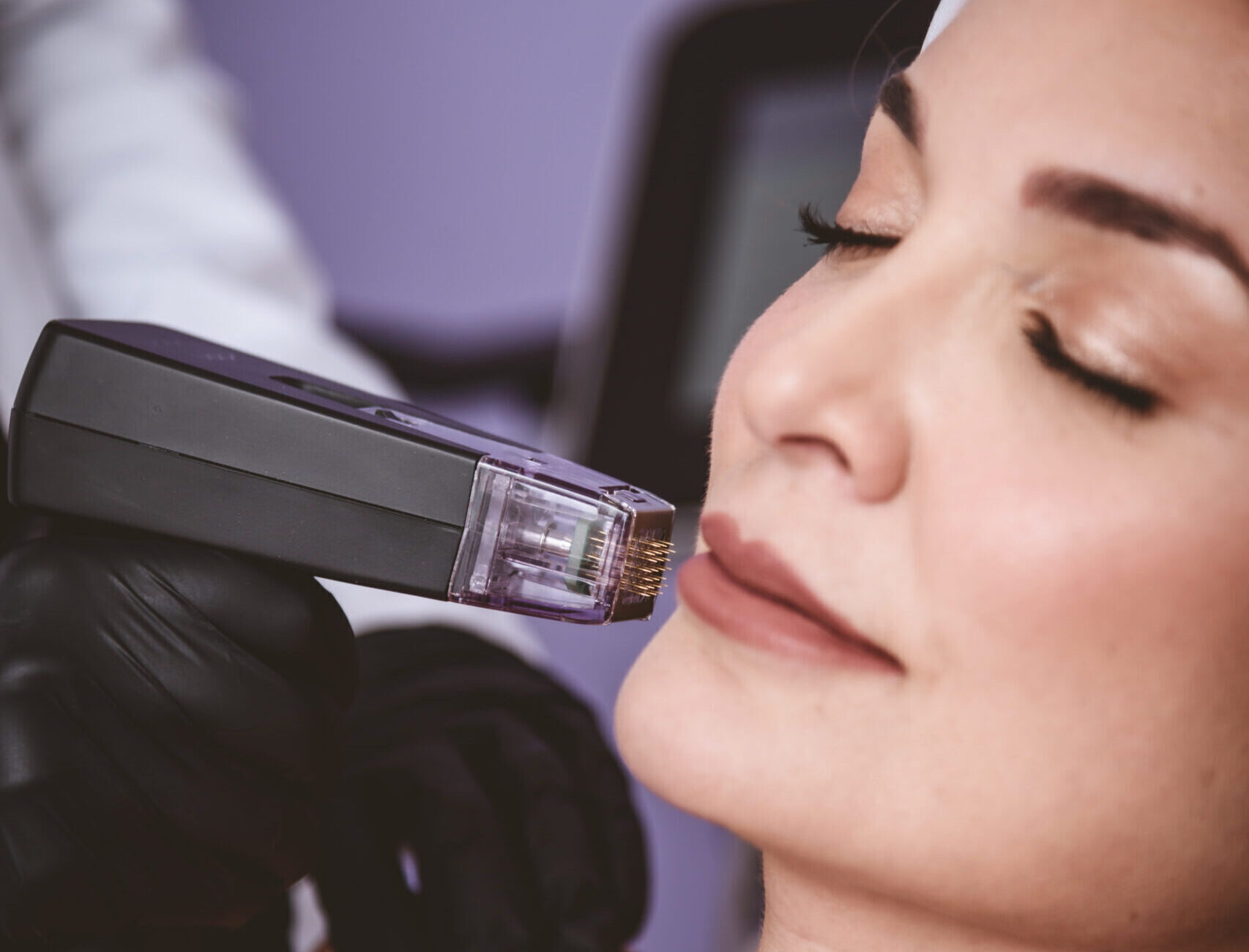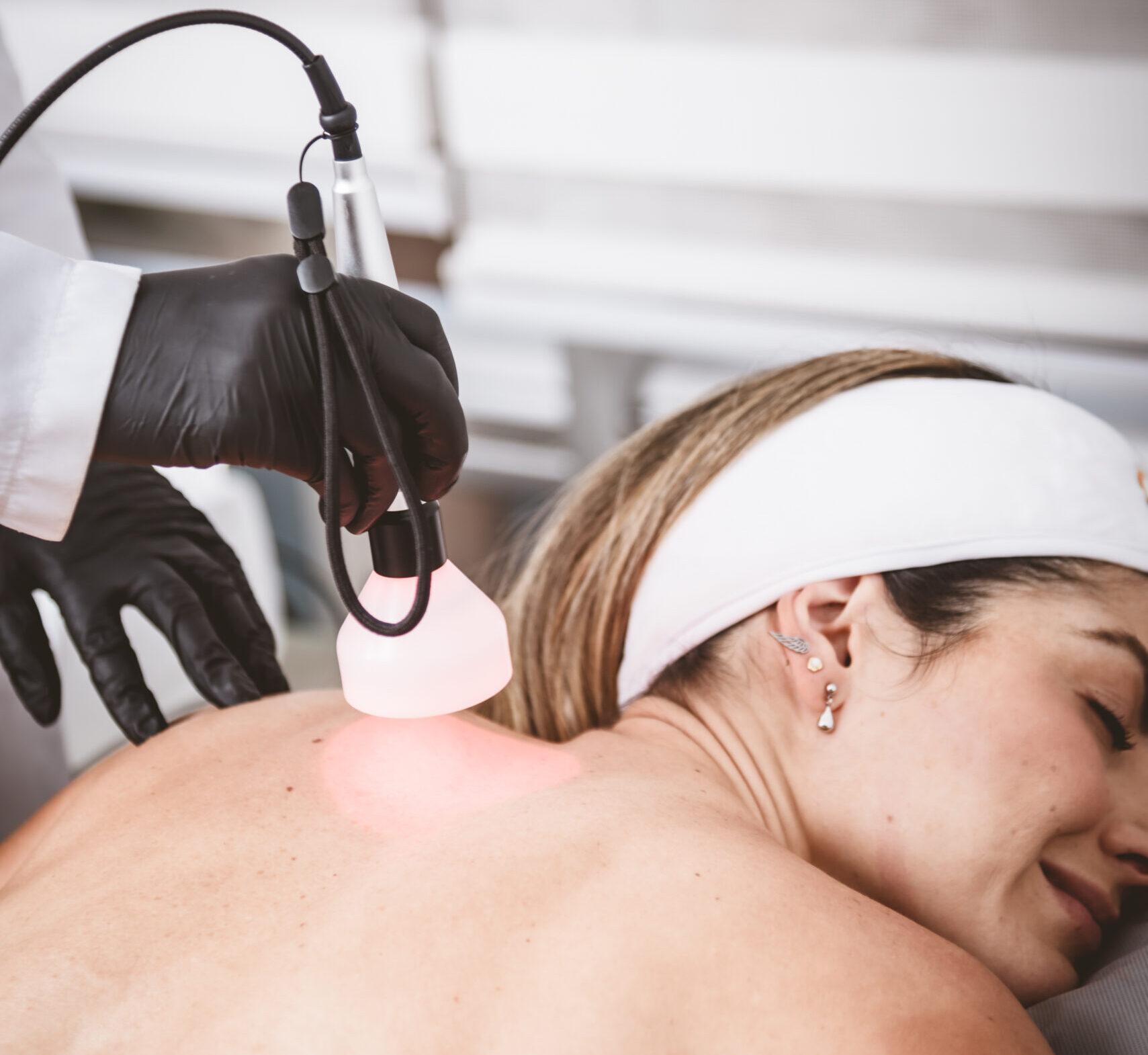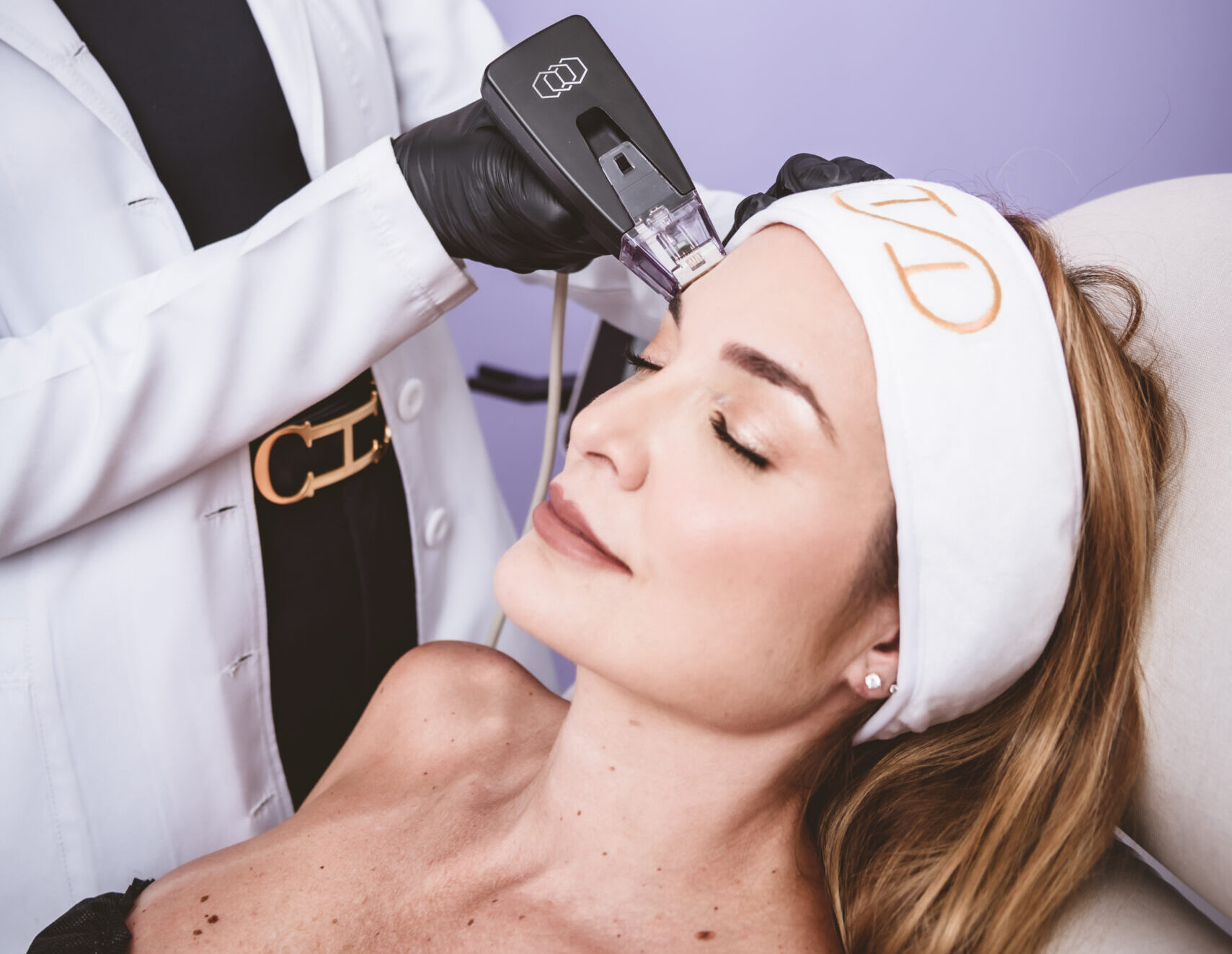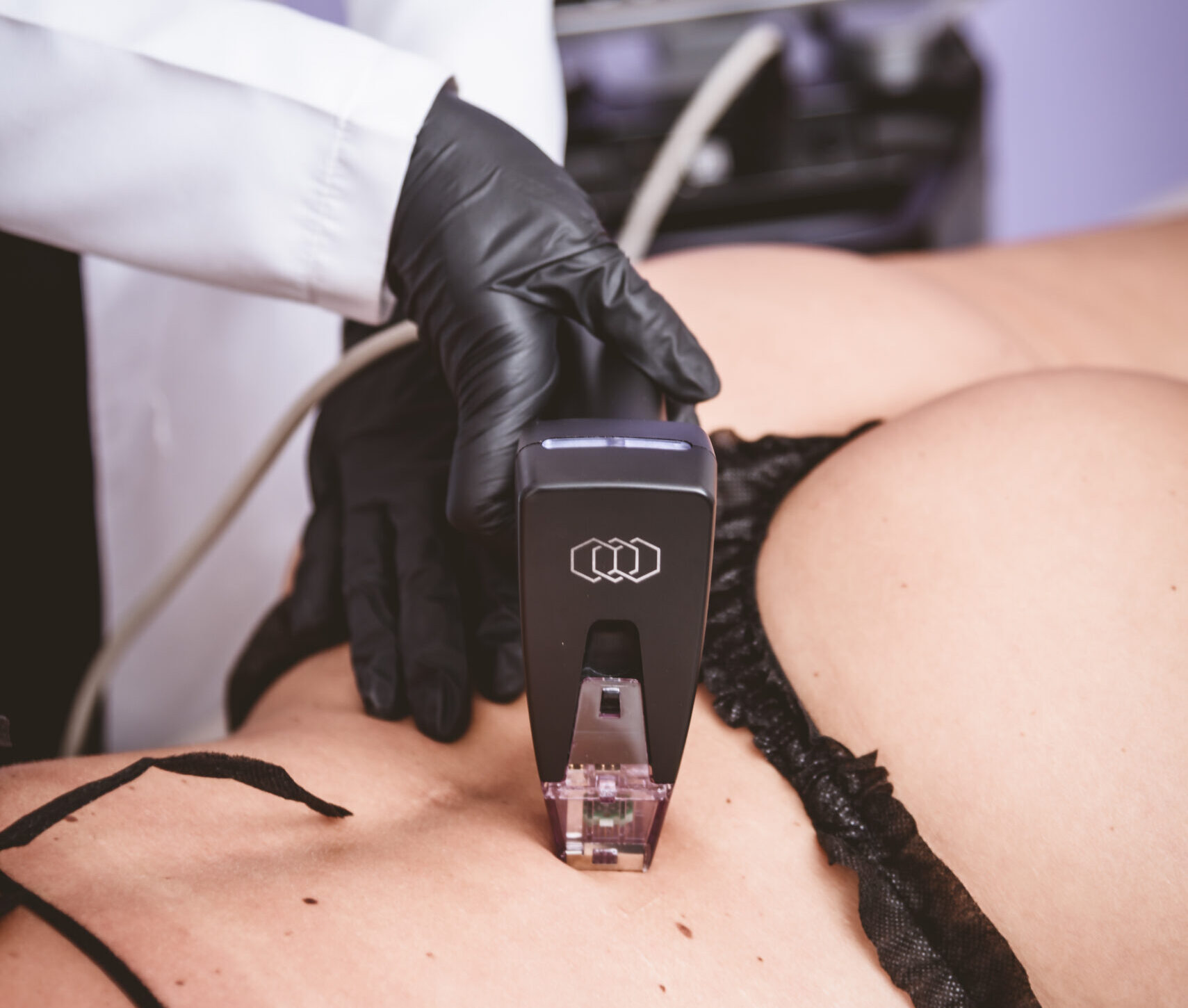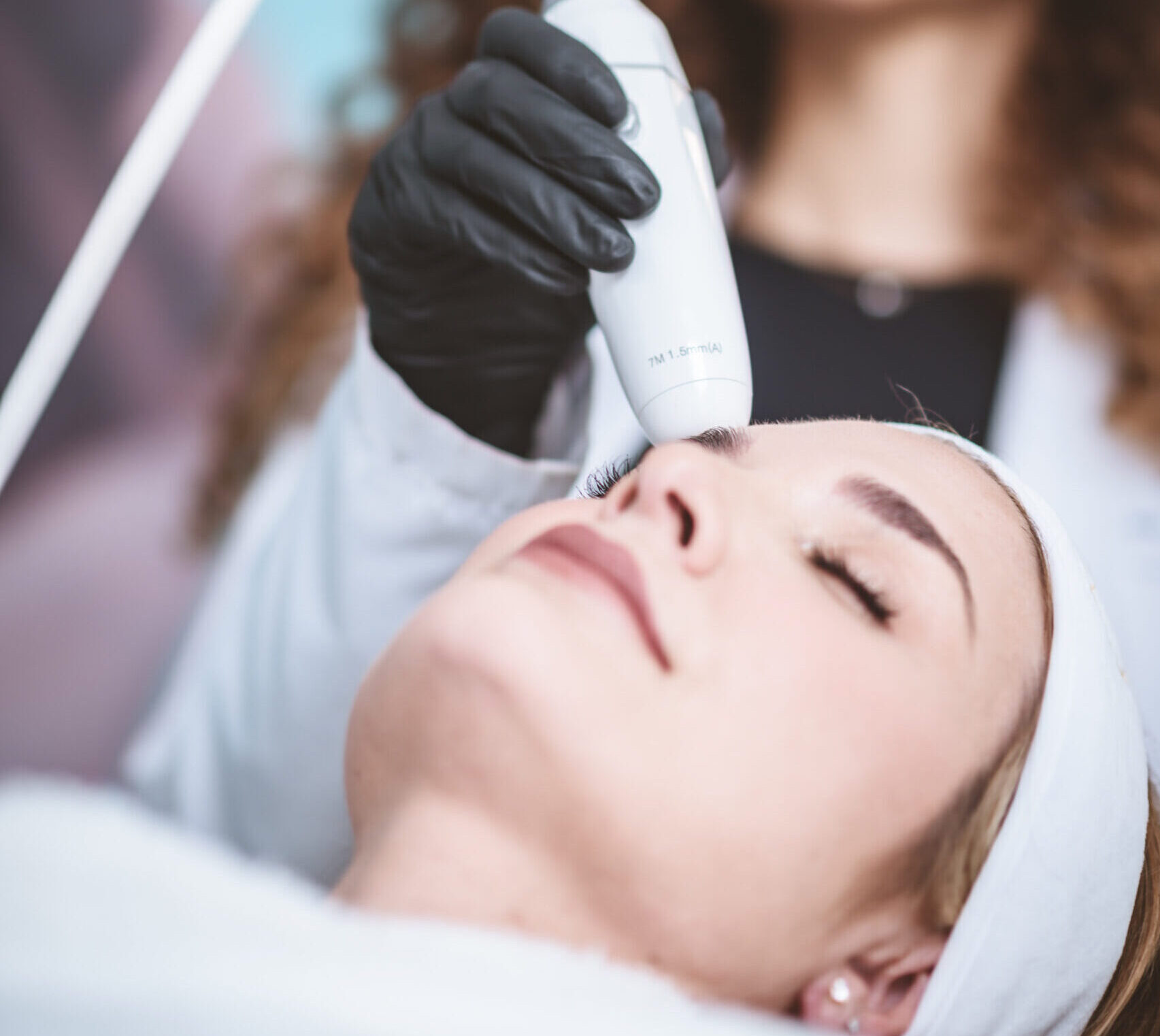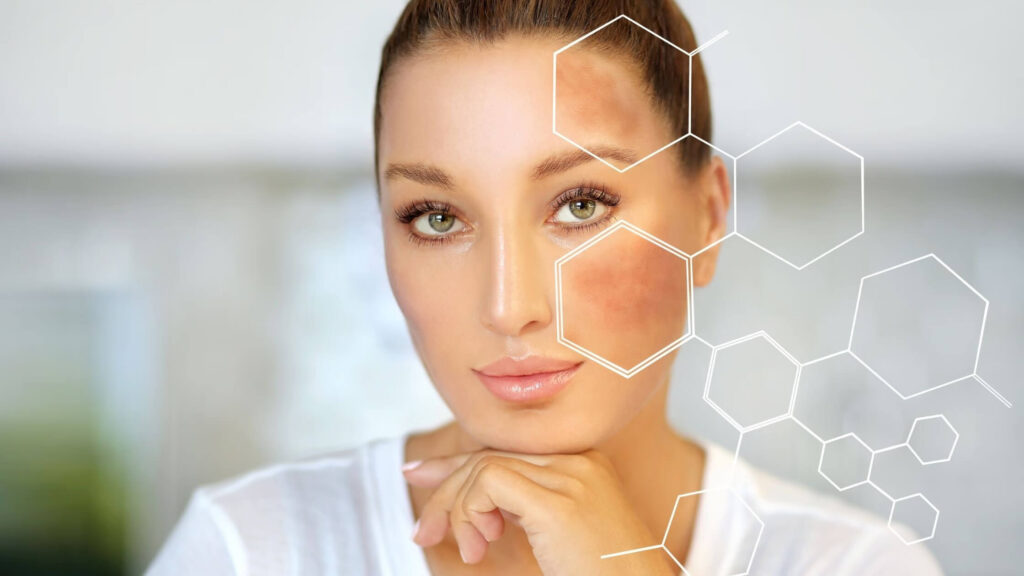
If you’ve ever noticed dark patches or spots on your skin after a breakout or cosmetic procedure, you’re likely dealing with post-inflammatory hyperpigmentation (PIH). This common condition affects people of all skin tones, particularly those with darker complexions. The good news? With the right care and treatments, you can effectively manage PIH and restore your skin’s natural radiance.
Table of Contents
- What Causes PIH and Who is Affected?
- How to Effectively Treat PIH
- The Importance of Sun Protection in PIH Management
- Preventing Future Dark Spots
- Achieve Even-Toned Skin
What Causes PIH and Who is Affected?
PIH occurs when the skin overproduces melanin following inflammation, such as acne or an eczema flare-up. As your body heals, it may leave behind dark spots, which can take months or even years to fade without intervention. While anyone can experience PIH, those with darker skin (Fitzpatrick Skin Types III-VI) are more prone due to higher melanin levels.
How to Effectively Treat PIH
Achieving clearer, even-toned skin requires a multi-faceted approach. Here are some of the top strategies for addressing PIH:
- Topical Treatments Ingredients like hydroquinone, vitamin C, and retinoids help reduce pigmentation by controlling melanin production. These can be found in prescription or over-the-counter creams that encourage skin turnover.
- Exfoliation and Peels For more stubborn pigmentation, treatments like chemical peels and microdermabrasion can remove dead skin cells and reveal a fresh layer of skin. These also stimulate collagen, aiding in the skin’s repair process.
- Advanced Energy-Based Treatments Laser therapy and radiofrequency are powerful options for breaking down pigmentation deep within the skin. These treatments should be performed by experienced professionals to prevent further irritation, especially in darker skin tones.
- Sun Protection is Essential Preventing further damage is just as important as treating existing spots. Sun exposure can worsen PIH, making sunscreen a non-negotiable step in your routine. Always opt for broad-spectrum SPF 30 or higher and reapply throughout the day.
- Combination Therapies for Best Results Many dermatologists recommend combining topical treatments with professional procedures for faster, more effective results. This holistic approach can make a significant difference in reducing PIH.
The Importance of Sun Protection in PIH Management
Sunscreen is your best ally in the fight against hyperpigmentation. Without it, the sun can darken existing spots and trigger new ones. Make it a habit to wear sunscreen year-round, even when it’s cloudy, and ensure you choose a formula that complements your skin type.
Preventing Future Dark Spots
While treating PIH is crucial, preventing it is equally important. Here are a few tips:
- Address skin inflammation early to minimize the risk of dark spots.
- Stick to a gentle skincare routine to avoid irritating the skin.
- Consistency is key: maintain a regular regimen for lasting results.
Achieve Even-Toned Skin
With the right combination of treatments and diligent sun protection, you can effectively manage post-inflammatory hyperpigmentation. It may take time and patience, but clearer, more radiant skin is within reach.
Ready to begin your PIH treatment journey? Consult a skincare professional to find the best options for your skin type and concerns.
